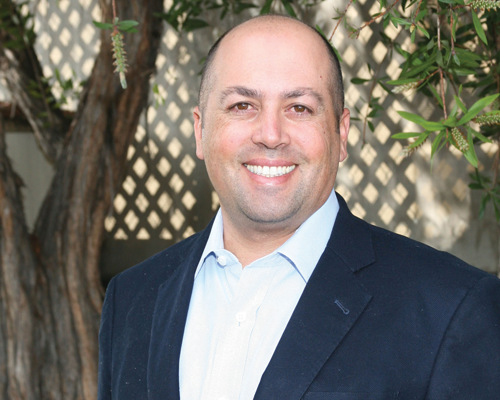In 2004, Paul was inspired to get involved with the burgeoning charter movement in Los Angeles, and was part of the founding team for three charter management organizations (CMOs) that are widely celebrated, replicated, and sought-after by parents. Larchmont Charter School is considered the "grandfather" and gold standard of diverse, mixed socioeconomic status progressive schools—with a wait list this year of more than thirty-two hundred children. Valley Charter Schools and City Charter Schools are similarly high-performing and diverse, with inspired teaching and long wait-lists.
Paul has served as chairman of the board directors of Larchmont Charter Schools, Valley Charter Schools, and the City School, as well as on the board of trustees of America's Promise Alliance, a collaborative network founded by Colin and Alma Powell. He also is a former member of YPO and Palindrome Advisors.
Paul has a unique background, being an American who grew up in Israel. He had the opportunity to practice leadership from an early age, being selected for the Israeli Air Force fighter pilot program and serving for four years in the Israeli army, retiring as a Company Commander. With more than twenty years of management and entrepreneurial experience, he has served as the founding partner of a Los Angeles real-estate investment group and worked for International Consultants on Targeted Security (ICTS), an anti-terrorism flight-security company.
What are the accomplishments you are most proud of?
I am most proud of the work we do every day with nearly ninety thousand students, helping them be safe and healthy, giving them the skills to graduate high school and go to college, opening their eyes to career opportunities, and sharing with them the joy of giving back to their communities.
And yet we realize that there is a broader role for us to play in the afterschool movement. Our founder, Gov. Arnold Schwarzenegger, played a critical role this year in advocating for the cause of afterschool in Washington, D.C. In California, the governor was the visionary behind Prop 49, which ensured afterschool funding for every child in the state. And in 2003, Gov. Schwarzenegger saved $400,000,000 in cuts to afterschool funding.
Where do you see the field in ten years?
From the volumes of published research we can now prove that after-school works: If we do not provide a safe place for kids after school, we will spend far more tax dollars dealing with the consequences—juvenile crime, violence, gangs, drug use, and teen pregnancy. And on the flip side, kids who do participate in afterschool are more likely to graduate, do better in school, and go to college. Given that the debate has now been settled, I hope to see afterschool for all in the next ten years.
What are the biggest opportunities for the afterschool industry?
One of the greatest opportunities in afterschool is we can design programs that are solely in the best interest of kids. Afterschool can adapt quickly to the needs of students, schools, and communities. We are entrepreneurial and collaborative by nature, and are well-positioned to bring all the great things from the outside community into the school building.
As our country has a spirited debate about how to raise student achievement in schools, we are helping kids right now, every day, on campus, when and where they need it.
What are the biggest challenges facing afterschool?
Afterschool addresses such a fundamental need that most people believe it should be—and is—completely publicly funded, rather than the reality that we rely on the support of private philanthropy and generous donors. Meanwhile, philanthropic dollars often seek to fund innovative solutions to unsolved problems. Afterschool is already proven to work, so is often caught in the middle—it's not the new kid on the block, but we are waiting for our elected officials to realize the quantum impact of fully funding the sector. Not only does every dollar invested actually save taxpayer dollars, it also does wonderful things for kids, families, communities, and schools.
What makes an afterschool program successful?
The people! At After-School All-Stars, our amazing staff is our most important asset, because the heart of our program is the connections we build between caring adults and kids.
Collaboration and a big-tent philosophy are also key. Our program directors are entrepreneurial and eager to learn from others in the field—if someone does it better, we want to know.
But most important, it's putting kids at the center of every decision, so the program is relevant and engaging and keeps the kids coming back.
Edited by Amy L Charles, editorial director of AfterSchool Today magazine, the Official Publication of the National AfterSchool Association.

